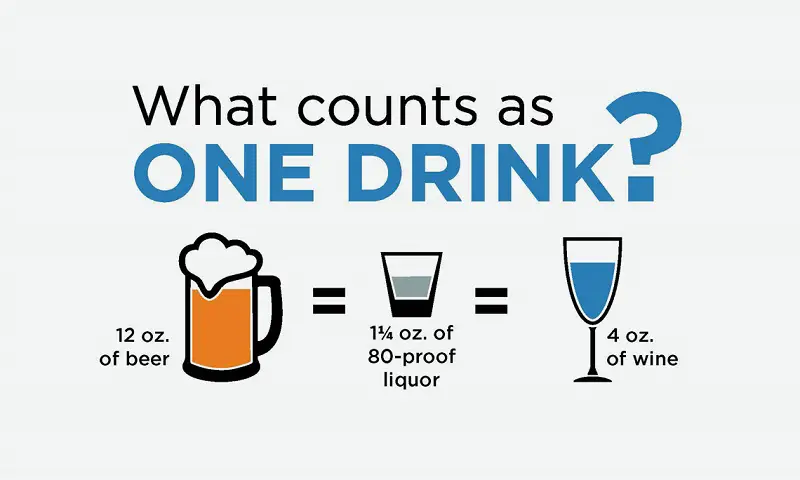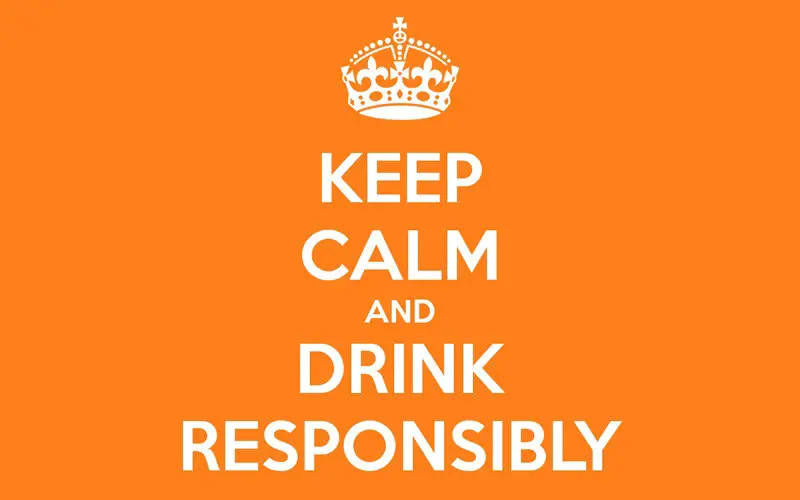Drinking too much alcohol during the holidays to get drunk or alter the perception of reality, not only endangers the health of others, if you drive under the effects of alcohol, but also your own, because of hangover, digestive problems and in the last extreme: the ethyl coma. For more convincing information find out drink driving facts with the help of that well made infographic. The good news is that all this collateral damage can be avoided without needing to deprive yourself of wines, drinks and liqueurs, and even enjoy them better, if you follow a simple recommendations to consume in moderation without getting drunk. Dr. Eduardo Polanía, a member of the Chiron Hospitals Group, explains that “when drinking, you must take into account the alcoholic level and, in general, that the distilled beverages are stronger than the fermented ones, therefore, by ingesting them, you get a higher alcohol intake in less time.”
Regarding the choice of drink, Polania believes that the best is the one that best matches the dish it accompanies, although according to French studies, red wines in moderate quantity may be beneficial for cardiovascular health. Alcohol is a toxic that directly affects the tissues, so the recommended daily amounts are a maximum of 30 grams of alcohol per day, that is to say 100 milliliters of a drink of 40º which is equivalent to 300 ml of wine and, approximately, 1,000 ml of beer, depending on the graduation.
However, it must be taken into account that if people have problems with alcohol they will suffer some nutritional deficiency and, therefore, it is good to accompany the drink with food, which reduces the level of alcohol absorption in the bloodstream. Whether distilled beverages (liquor, rum, whiskey) or fermented (wine, ciders, beers), with or without bubbles, sweets or droughts, alone or in combination, the doctor indicates that the alcohol we ingest is the same whether the drink is distilled or fermented; It all depends on the quantity.
On the other hand, when we drink cocktails, we control with greater difficulty the amount of drink, the calories are greater given the presence of glucose drinks and, in the end, drunkenness can catch us unaware and the hangover will certainly be worse.
It is important to recognize when we are “happy”
The first key to responsible drinking is knowing what our body’s reaction to alcohol is. Each person metabolizes this compound differently. Knowing and being clear about our limits is fundamental to knowing when to stop. If we know that with three beers we are already “happy”, that is our limit, and knowing it will help us anticipate and plan our goal of not passing it in advance. Making a personal list of the reasons why we do not want to cross that line will help us to remember them when we are in the situation where we are tempted by the excess.
The absorption of alcohol depends directly on the speed at which it is drunk. The faster we drink, the greater the rate of absorption and the total amount of alcohol that passes into the blood. Therefore, it is recommended to drink slowly, to separate the drinks that we are consuming in time and also to intercalate some soft drinks between two alcoholic drinks. “Drinking slowly, savoring each sip, will make the glass last longer, but also that we become more aware of what we are doing and the amount we are taking. This can be of great help in reducing the total number of drinks we consume and in controlling not to exceed our limit”.
If we want to drink responsibly we have to establish our own consumption limit and respect it, understanding that if we pass it we lack respect for ourselves. We must not prioritize the desire to please others over our own needs. When we are offered a round or toast, if we have already reached our limit, we can drink another type of non-alcoholic beverage, leaving aside the irrational topic that if it is not with alcohol you can not toast. It is also important to avoid mixing different drinks, since this action leads to alcohol affecting us to a greater extent.
Learn to say Enough
But how do we know it’s time to say enough? For the psychologist Nuria Javaloyes “Drinking responsibly does not translate into being abstemious; it is about consuming alcohol in a moderate way, controlling ourselves so that our evening does not end with a tremendous drunkenness that can bring greater consequences”.
The effects of alcohol depend on several factors, such as age, sex and weight, so each of us must know what body sensations indicate that alcohol is already affecting us. When in our body the blood alcohol content is up to 0.5 grams per liter in the blood, there are perceptive alterations, emotional excitability, disinhibition, motor coordination problems and alterations in movement accuracy, among others.
When we begin to feel the first effects of alcohol in our body, we must appeal to the commitment previously acquired with ourselves and stop drinking alcoholic beverages. “If we continue drinking we would enter an alarm zone or point of no return, where impulsivity, aggressiveness and/or alterations in decision making may appear, so we will no longer respect our limit and we will exceed consumption.”


